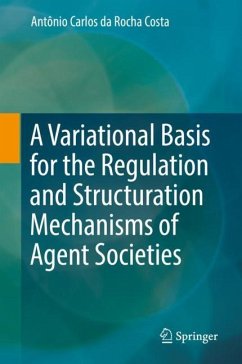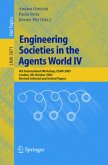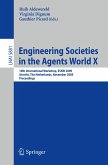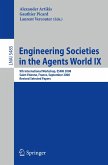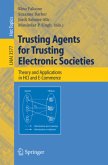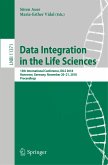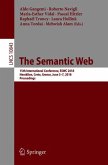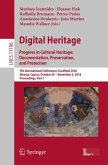This book introduces exchange process-driven social networks as a foundation for the core operational structures of the particular type of multi-agent systems we call agent societies. The core operational structures of agent societies encompass, in hierarchies of exchange process-driven social networks, all the behaviors and interactions that organizational actors (social roles, organizational units and social subsystems) perform in those societies, as well as the behaviors and interactions of the regulation and structuration mechanisms operating in those core operational structures. The variational basis of the overall framework, introduced in the book, allows for the systematic explanation of the regulation and structuration processes of core operational structures of agent societies, from the populational and micro-organizational to the macro-organizational level.
This book shall be useful to people developing computational applications based on the concept of agent societies and for those applying the concept of agent societies to the formal modeling and simulation of human and animal societies
This book shall be useful to people developing computational applications based on the concept of agent societies and for those applying the concept of agent societies to the formal modeling and simulation of human and animal societies

